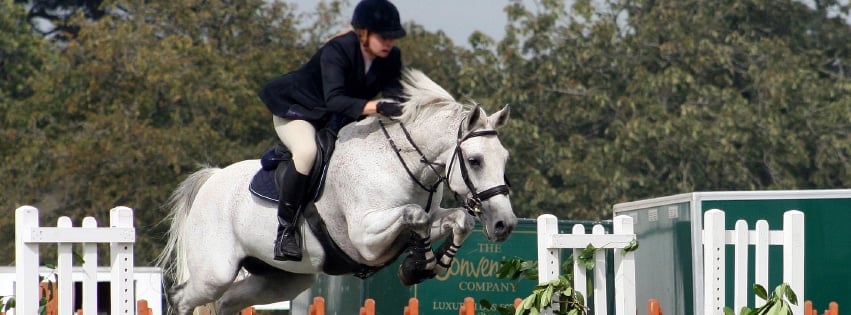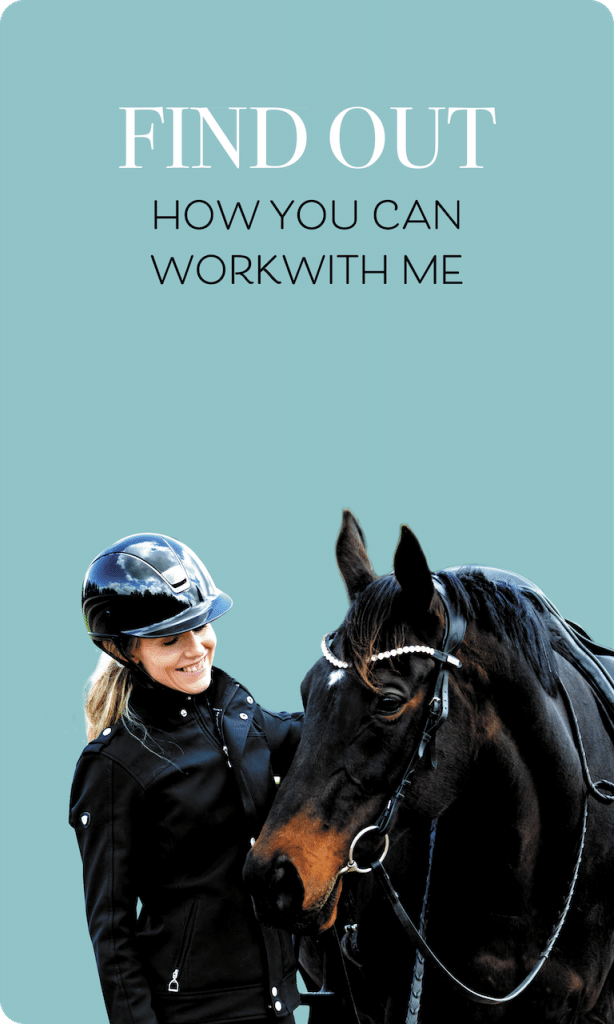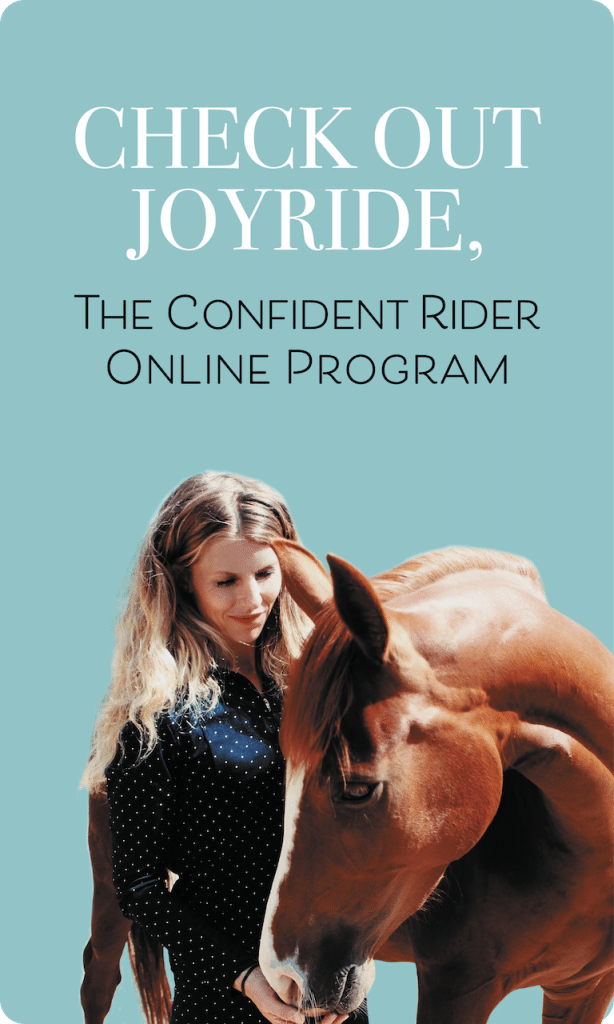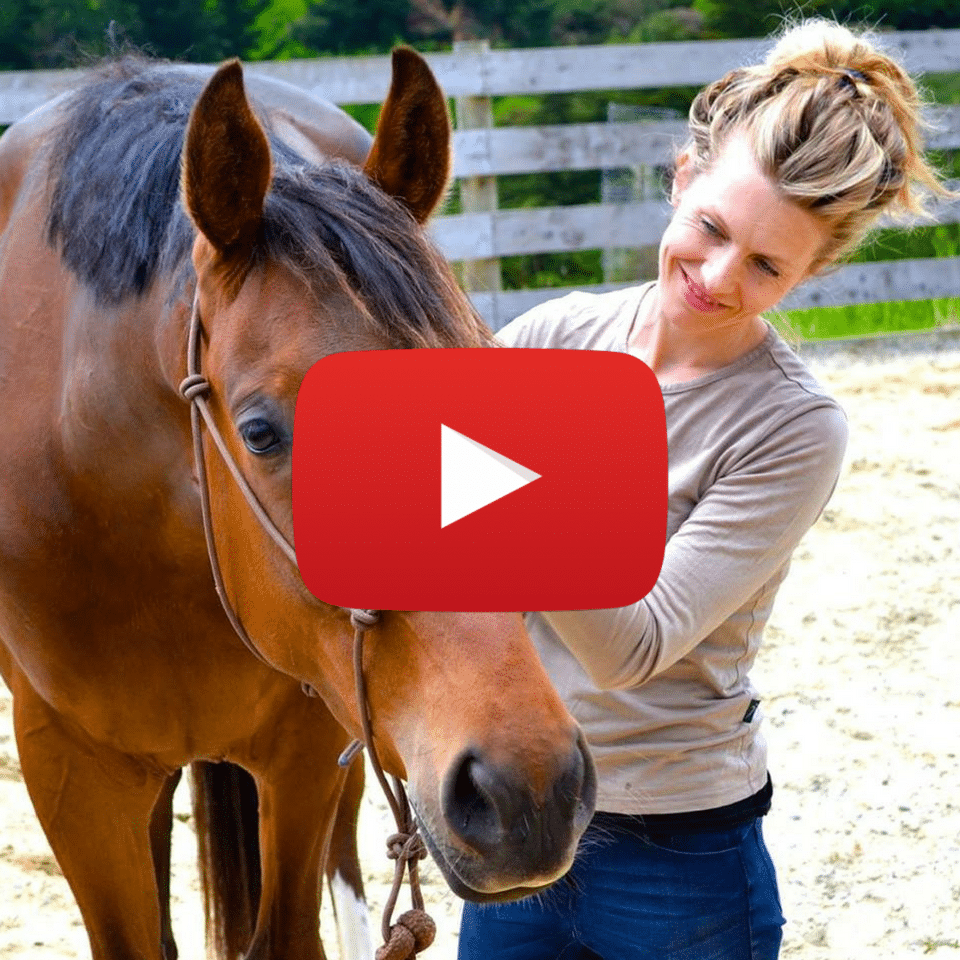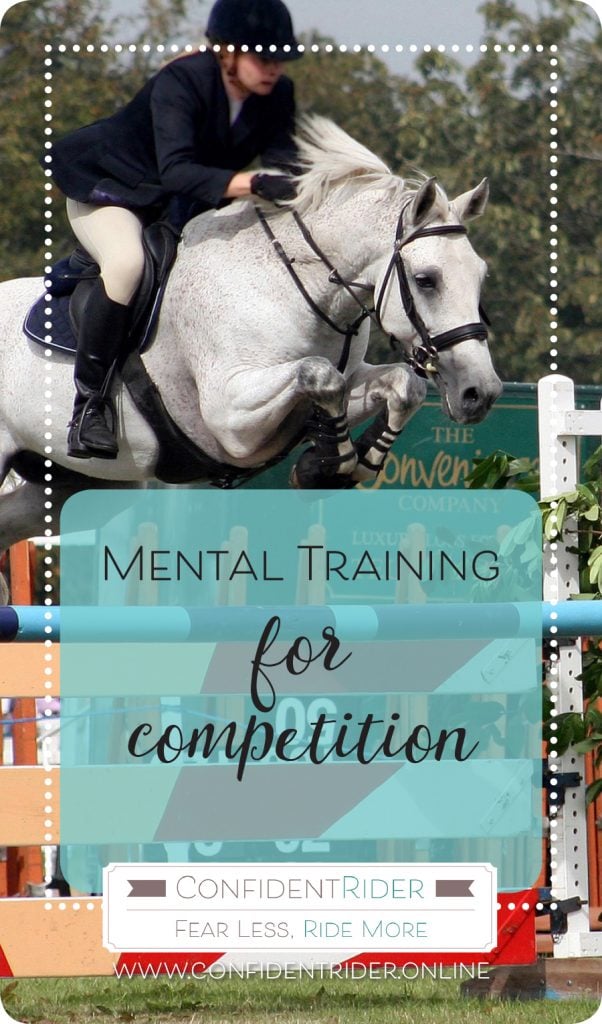
Last week, someone asked me about the approach I take training riders for high-level competition. For many, the thought of it comes as a shock. Wouldn’t someone competing at the elite level of his or her sport already have it together? What would they need with a coach like me?
Well, it turns out, quite a lot! Mental training techniques are not all about overcoming fear, working with confidence issues or taming anxiety. They are primarily about optimization- how we can optimize and train our minds to deal effectively with the pressures and stresses that arise in the competition arena.
My chief aim when working with someone who is interested in bettering their performance is to allow them to fine tune the existing skills that they have and produce their desirable outcomes on a more consistent basis than they would be able to previously
I am not their riding coach.
I am not their dressage or jumping instructor.
I am their mental coach and I am there to give them the skills to build the muscles of their mind in the same way a personal trainer would be on hand with a program to build strength and endurance in the body.
If you want to get physically stronger; if you want to improve your jumping technique; if you want to get better dressage scores then you hire a trainer who can give you proven methods and skills to enhance your own skill set and performance. Hiring a mind coach is no different; I help people identify the processes that bring them results and give them the skills that increase their mental fortitude and enhance the mind’s ability to focus.
One of the big fallacies is that professional riders don’t feel nervous. Nothing could be further from the truth! Many of the elite riders that I work with DO feel nervous, and it’s often inevitable. Pre-competition jitters can enhance performance by sharpening our sensory systems, but they can impair our performance when we can’t adequately control them. This is where the ability to be able to deal with pressure becomes so important.
There are several elements that I attend to when putting together a program for competitive athletes, and each are specified and tailored to the individual concerned. All combine to form a formula that can be worked through on a daily basis.
The first is breath work. From a physiological point of view, as soon as we experience pressure, we experience an acceleration of our heart rate. Controlled and specific use of the breath gives us primary control over our “arousal state”, which is the level of energy that an athlete experiences prior to and during performance. Across the board, we are looking to keep our heart rate below 120 beats per minute. Without adequate mental preparation, anyone whose heart rate exceeds 120 beats per minute will experience significant loss of mental focus and “sharpness”; over 150 beats per minute and we switch over to survival mode. As a consequence, controlling our heart rate with our breath becomes more than significant.
I will summarise briefly the other elements that are attended to:
1. Specific mental programming techniques in relation to our internal dialogue on the field, or our self-talk: This helps to continually direct our focus and avoid unhelpful internalizations of doubt and negativity.
2. Visualisation: Repetition of specific past and future outcomes and projections using proven and researched visualisation methods
3. Beliefs and Identity: Our self image is the key agent of our behavior, bringing forward the thoughts, actions and behaviours needed to fulfill our ideals and expectations.
4. Anchoring: Connecting specific stimuli with specific emotional states.
When the right ingredients are combined, what you are left with is a highly effective and easily implemented mental training workout. It’s the practical means to develop tangible results that are reflected in performance.
xx Jane

